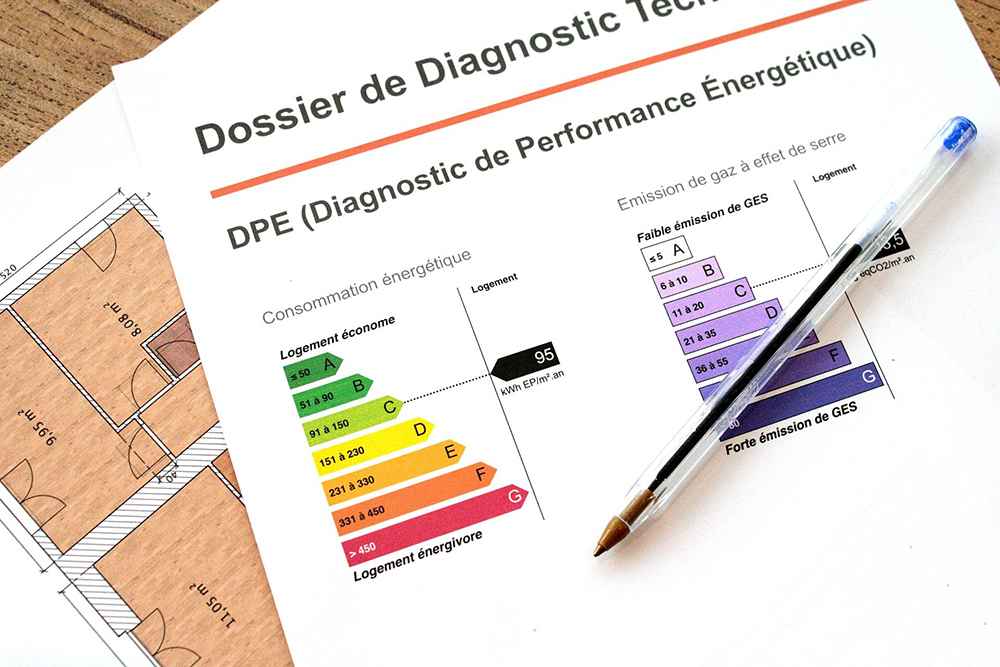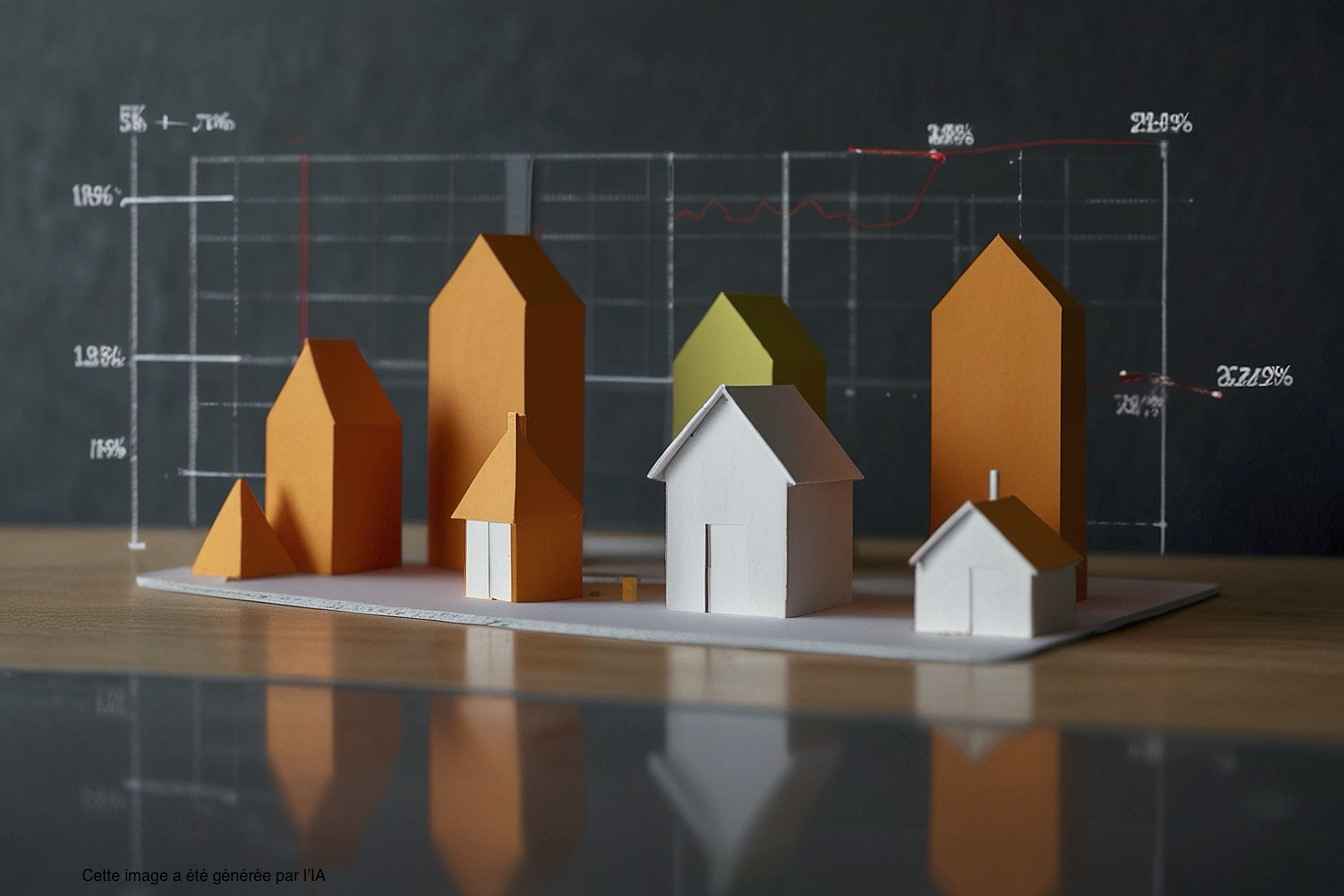2024-02-12
The Collective Energy Performance Certificate (EPC)
The mandatory Collective EPC for large condominiums since January 1, 2024.

In general, the Energy Performance Certificate (EPC) provides information about the energy and climate performance of a dwelling or building, assessing its energy consumption and environmental impact in terms of greenhouse gas emissions, rated from A to G. It aligns with the European energy policy to reduce building energy consumption and limit greenhouse gas emissions.
The EPC aims to identify energy inefficient properties, labeled as F and G, indicating those with the highest energy consumption and/or greenhouse gas emissions. Its purpose is to inform buyers or tenants about the "green value" of a property, recommend energy improvement measures, and estimate energy costs.
The completion of an EPC is mandatory for property sales, leases, and new constructions. It is part of the Technical Diagnostic File (DDT) included in the pre-sale agreement or lease contract. The EPC must be made available upon request to any potential buyer or tenant when the property is put up for sale or rent.
Since January 1, 2024, the Climate and Resilience Law has made a collective EPC mandatory for condominiums with building permits submitted before January 1, 2013. This requirement applies to condominiums with more than 200 units and the sale of single-owned buildings with more than two units. The collective EPC provides essential information to future tenants and owners, including a description of the initial state of the condominium, indications of the building's consumption, an energy and climate label from A to G, and recommendations for improving energy performance.
The validity of the EPC is ten years, but it must be renewed or updated, except for those conducted after July 1, 2021, classifying the building in categories A, B, or C.
Regarding its connection with individual EPCs and energy audits, the individual EPC focuses on a single dwelling, while the collective EPC assesses the energy performance of the entire building, including common areas. Although energy audits are not yet mandatory for condominiums, they go beyond the collective EPC by emphasizing the cost of recommended works.

